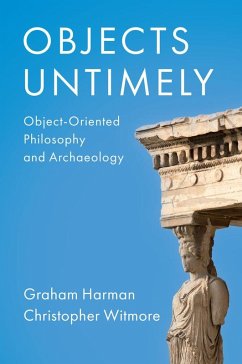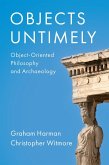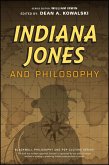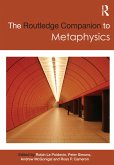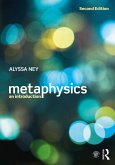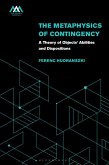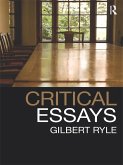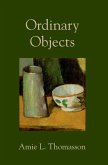Objects generate time; time does not generate or change objects. That is the central thesis of this book by the philosopher Graham Harman and the archaeologist Christopher Witmore, who defend radical positions in their respective fields.
Against a current and pervasive conviction that reality consists of an unceasing flux - a view associated in philosophy with New Materialism - object-oriented ontology asserts that objects of all varieties are the bedrock of reality from which time emerges. And against the narrative convictions of time as the course of historical events, the objects and encounters associated with archaeology push back against the very temporal delimitations which defined the field and its objects ever since its professionalization in the nineteenth century.
In a study ranging from the ruins of ancient Corinth, Mycenae, and Troy to debates over time from Aristotle and al-Ash'ari through Henri Bergson and Alfred North Whitehead, the authors draw on alternative conceptions of time as retroactive, percolating, topological, cyclical, and generational, as consisting of countercurrents or of a surface tension between objects and their own qualities. Objects Untimely invites us to reconsider the modern notion of objects as inert matter serving as a receptacle for human categories.
Against a current and pervasive conviction that reality consists of an unceasing flux - a view associated in philosophy with New Materialism - object-oriented ontology asserts that objects of all varieties are the bedrock of reality from which time emerges. And against the narrative convictions of time as the course of historical events, the objects and encounters associated with archaeology push back against the very temporal delimitations which defined the field and its objects ever since its professionalization in the nineteenth century.
In a study ranging from the ruins of ancient Corinth, Mycenae, and Troy to debates over time from Aristotle and al-Ash'ari through Henri Bergson and Alfred North Whitehead, the authors draw on alternative conceptions of time as retroactive, percolating, topological, cyclical, and generational, as consisting of countercurrents or of a surface tension between objects and their own qualities. Objects Untimely invites us to reconsider the modern notion of objects as inert matter serving as a receptacle for human categories.
Dieser Download kann aus rechtlichen Gründen nur mit Rechnungsadresse in D ausgeliefert werden.
"Objects Untimely is a remarkable achievement, developing a radical object-oriented theory of archaeology while simultaneously providing a novel account of time's dependence upon objects. Things will never be (and never have been) the same."
Jon Cogburn, Louisiana State University
"This is a deeply important book written by two pioneering scholars in their respective fields which argues for nothing less than a radical revolution in the way we think about time in the humanities and social sciences."
Gavin Murray Lucas, University of Iceland
Jon Cogburn, Louisiana State University
"This is a deeply important book written by two pioneering scholars in their respective fields which argues for nothing less than a radical revolution in the way we think about time in the humanities and social sciences."
Gavin Murray Lucas, University of Iceland

